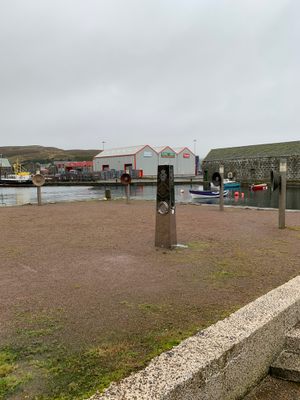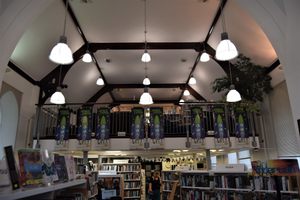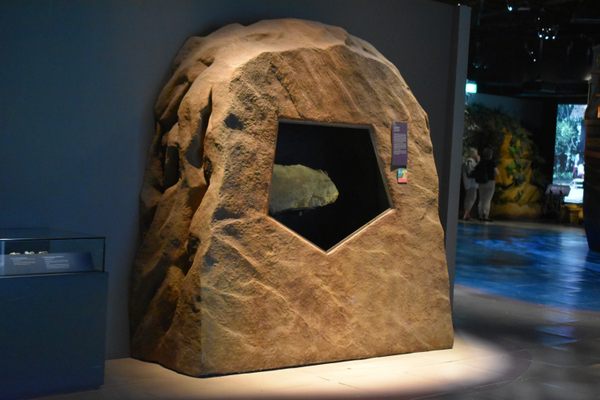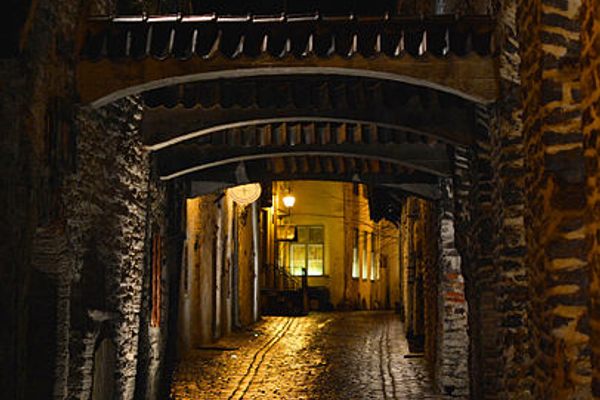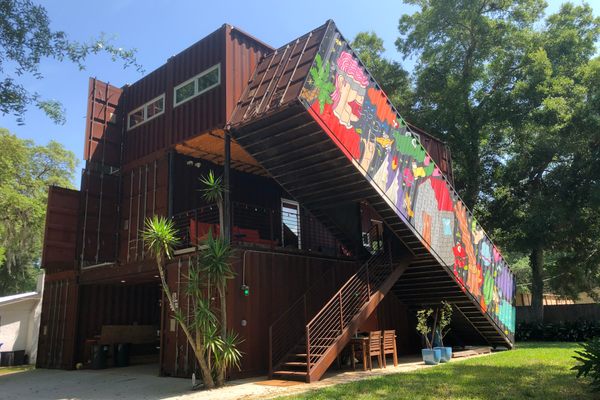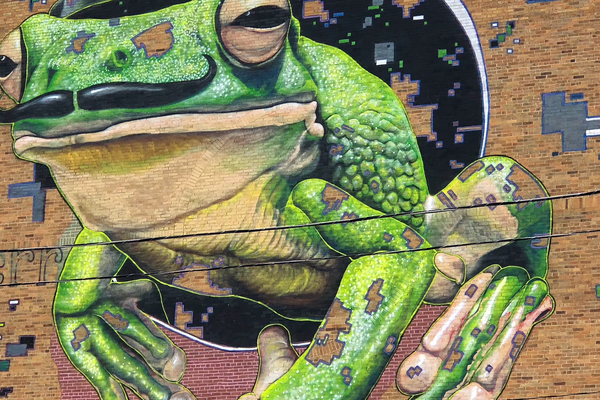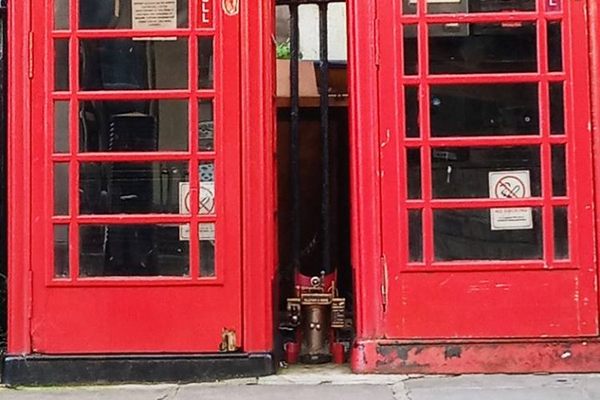About
This artwork by Lulu Quinn, with assistance from Alan Hart, consists of a series of speakers assembled with stone such as granite and serpentine, tying them to the iconic geology of Shetland. They are also dotted with seashells and play a series of recordings by Shetlanders.
Around 300 recordings, most of them from 2006, consist of residents of the archipelago telling stories and recollections of their memories. Longer fragments of sound are played when the wind is calm but faster winds will lead to shorter clips, with gales causing a constant, near-undistinguishable noise.
Many of the recordings were done by elders so, listening to the "Receivers" reveals unique aspects of Shetland's linguistic culture. Although settled since the Bronze Age, one of the first modernly-recognizable cultures established in Shetland were the Norsemen or Vikings. Their Norse language eventually evolved into Norn, a distinct language spoken in both Shetland and Orkney.
When Scotland gained control over the islands from Denmark and Norway during the 15th-century, Scottish immigration increased drastically. This lead to a Scots-speaking majority population and the extinction of Norn in the 18th-century.
English is now the most common language in Shetland, but unique versions of both languages are spoken in the archipelago. Words of Norn origin commonly used in both Shetland English and Scots, and likely to be heard from the "Receivers" speakers, include: "muckle" (big), "wick" (bay, with the name Lerwick itself meaning "muddy bay"), and "peerie" (small).
Related Tags
Know Before You Go
The artwork is located outside the entry to the Shetland Museum and Archives, on a small pier that also features a propeller blade from the ill-fated HMS Oceanic.
The audio can be heard at all times pending weather conditions, and features nighttime lighting in the shape of blue lights surrounded by Shetland wool.
Flavors of Scotland: Beyond the Haggis
Smoked seafood, single malt whisky, and warm hospitality.
Book NowPublished
December 9, 2020

